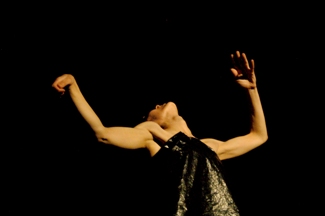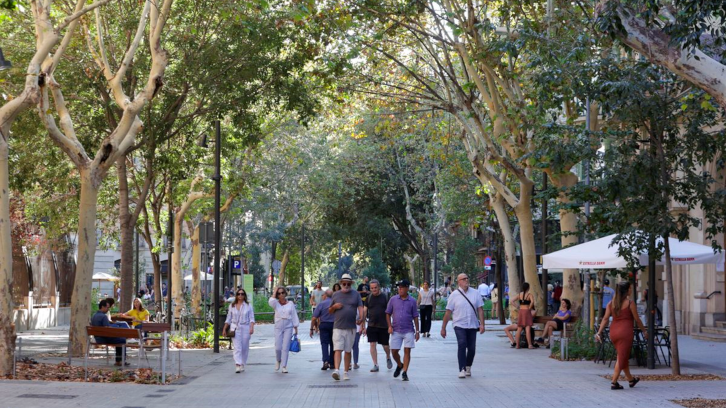Representation of Migrant Women in Non-Fiction Information Programmes Aired on TV3

Audiovisual representation concerning international migrations motivated great discussion in recent years in Spain, with strong criticism of the current journalistic practices related to it. As a consequence, in Catalonia entities related to communication and social movements have created ethical recommendations and even entities such as the Mesa per a la Diversitat en l’Audiovisual to regulate this subject.
Although these measures could not drastically change television news bulletins, new approaches towards migrations were noticed, such as the non-fiction programmes produced by public televisions as TV3. This channel created, in 2005, the Comissió per a la Diversitat (Diversity Commission), which is responsible for the policies involving diversity matters.
In this thesis I discuss the representations that these programmes articulate around migrated women. Through this doctoral research I seek to identify how the representations of migrated women take shape in these programmes, looking for narrative, compositional and stylistic elements, as well as the visual and verbal discourse through which these representations are articulated. For this purpose, I used quantitative and qualitative methods, including the analysis of frames, scripts, dialogues, characters, etc., to find out which representational strategies were adopted.
Furthermore, I comment these aspects in the light of those previously found in my own former researches, the literature on the topic and the framework established for this thesis. Thus, it is considered that much of the interest of the study of the intersection between gender, international migrations and audiovisuals (in the form of these non-fiction programmes) rests both in the novelty of these programmes as well as in their political perspective in the representation of diversity.
In this sense, although media treatment of migrated women is not exactly an unknown issue, it has never received much attention: this is evident by both the lack of literature on the subject and the biased treatment which often make migrated women invisible and depicted in terms of a traditional gender conception by media.
References
“La representació de les dones migrades en els programes divulgatius de no-ficció produïts per la televisió autonòmica de Catalunya (TV3)”, Luciana Pontes Pintodoctoral tHesis, read at the Department of Media, Communication and Culture and supervised by Dra. Joana Gallego.


